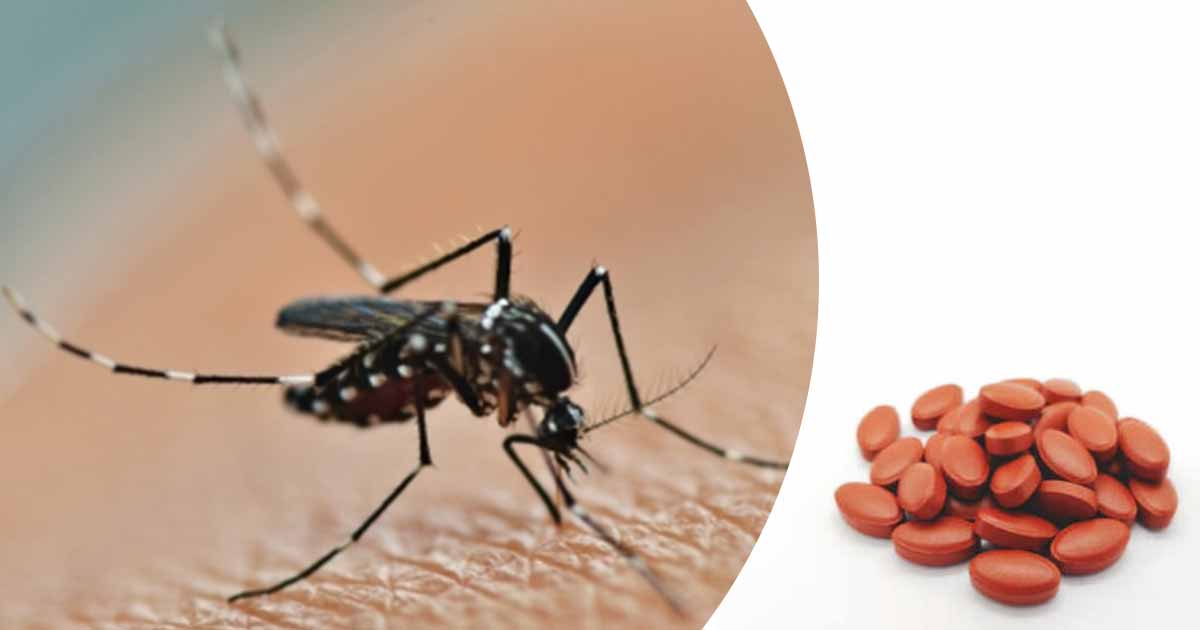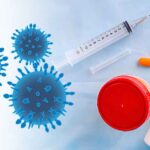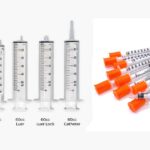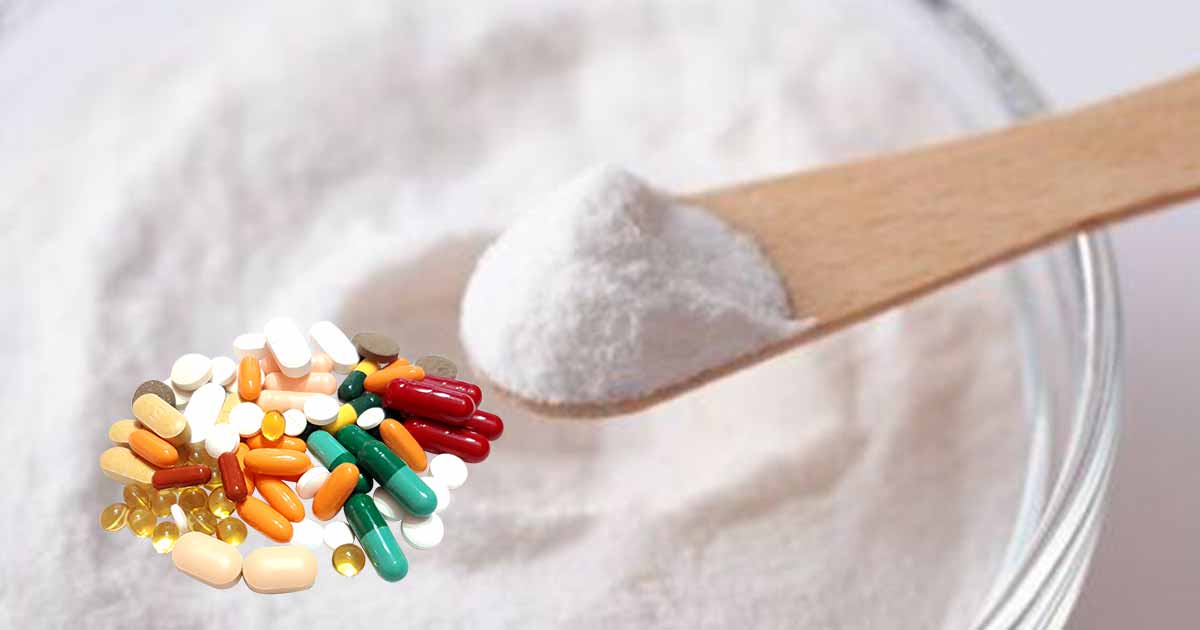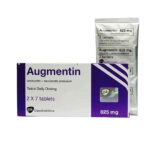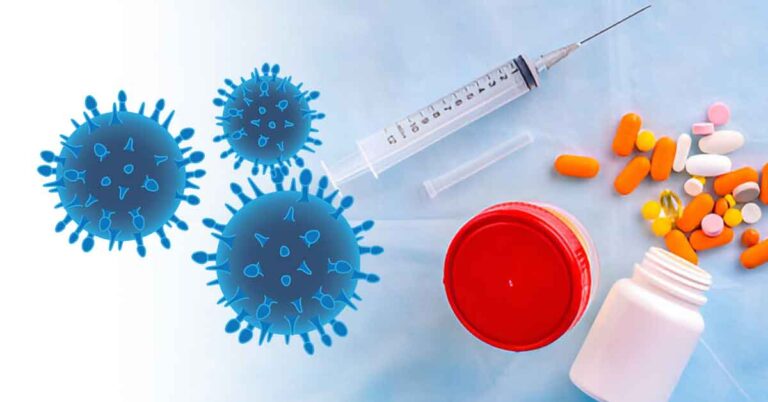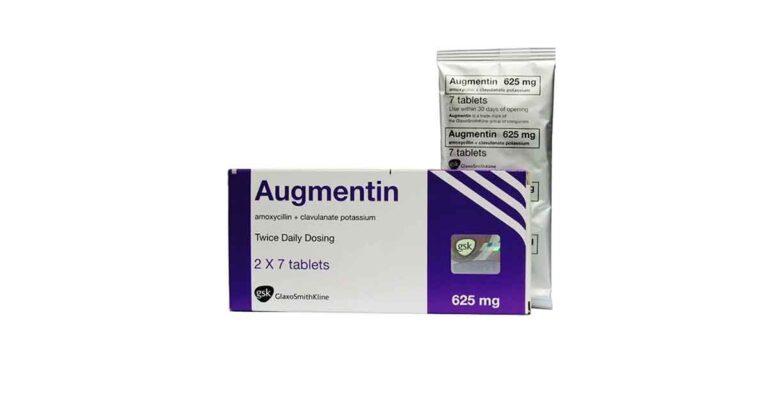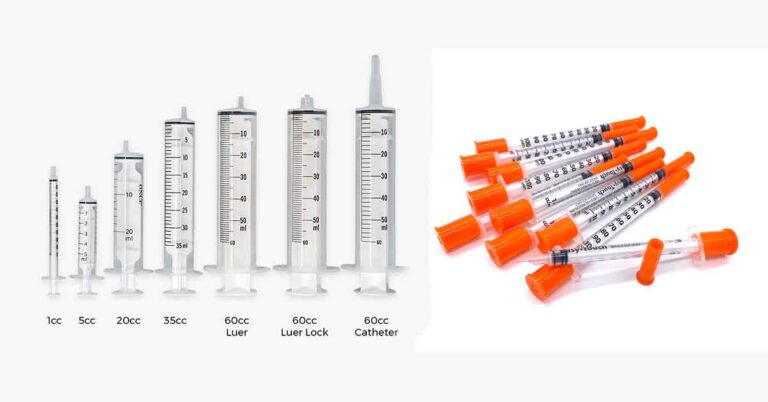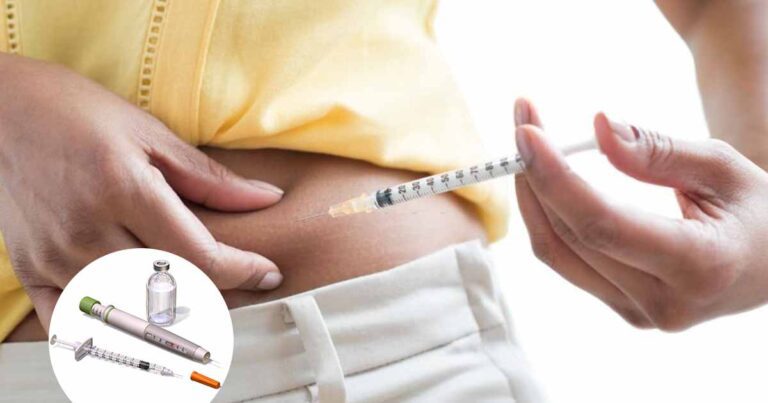This is a question asked by people who are taking antimalarial drug if it is advisable to take antimalarial drug and folic acid tablet/iron tablet or supplement at the same time. But before we answer that, we will explain how folic acid tablet works.
Folic acid, or folate, Vitamin B9, is a water-soluble vitamin that is converted to tetrahydrofolic acid in the body. This conversion is necessary for the function of folic acid such as the production of red blood cells, synthesis of purines, pyrimidines, and metabolism of amino acids such as glycine and methionine before incorporation into the DNA or protein.
Interaction between Antimalarial drug and Folic Acid/Iron
Folate is not only needed by the human cells but also utilised by the malaria parasite. Antifolate drugs such as sulphadoxine‐pyrimethamine (Fansidar), atovaquone‐proguanil (Malarone), pyrimethamine dapsone (Maloprim) used in malaria treatment act by targeting the folate metabolism of the malaria parasite.
Plasmodium, the parasite that causes malaria, makes use of exogenous folate. Trials suggest that folic acid supplementation may hamper the efficacy of antifolate medications used to treat malaria. Folic acid does this by reversing the way antifolate drugs inhibit plasmodial growth or survival in vitro.
A clinical trial has found that iron supplementation may increase the malaria rate. This led to the World Health Organisation has restricted the recommendation of folate and iron supplementation from universal recommendation in the malaria region to only children with iron deficiency risk and anemia, but also pregnant women.
Some in vitro studies suggest that folic acid can impair the action of antifolate malarial drug, sulphadoxine-pyrimethamine (SP) even at normal levels. In trials that involved administering this medication with folic acid on children in Gambia, Kenya, there were higher treatment failures.
In another study in Zambia, children who received antifolate antimalarial drug SP have increased parasitaemia, unlike children who received antifolate drug proguanil, and atovaquone.
An alternative to antifolate drug is the use of artemisinin‐based combination therapy (ACT) which is the first line of treatment in uncomplicated malaria.
Can I take Antimalarial Drug and Iron?
Iron supplementation may affect how antimalarial drug works negatively. Bacteria and parasite pathogens need iron for growth. Also, the obligate liver stage of the malaria parasite need iron. Blood-stage protozoa may obtain iron from transferrin, or iron produced during hemoglobin breakdown, or the free pool of intracellular iron. This may explain why desferrioxamine, an agent that chelates iron, has restricted malaria growth in vitro studies. it may be used as an adjunct in malaria treatment in the future.
Also, the discovery of hepcidin, an iron regulatory hormone, is giving much insight into how iron works in the body. Hepcidin blocks iron absorption from diet. It also routes the iron in the body into macrophages and away from the serum. It therefore plays an important role in iron restriction during malaria infection.
There is increased upregulation of hepcidin in bacterial, viral, fungal infections. In both symptomatic and asymptomatic malaria, hepcidin activities are also elevated. This will cause iron accumulation in macrophages, and reduction in the serum. This may be the cause of anemia and defective development of red blood cells in malaria.
The result of this increase is decreased oral iron absorption.
In the blood stage of malaria infection, hepcidin is upregulated, causing increased macrophage iron levels, and lower levels in the hepatocytes. This may prevent the second malaria infection (superinfection) by blocking liver-stage growth.
Can I take Antimalarial Drug and Blood tonic/Capsule together?
Since most blood tonic and blood capsule contain folic acid, iron and other vitamins, they may interfere with how antimalarial drugs. Malaria parasite need folate and iron at different stages of the life cycle. Iron/folate supplementation will provide the Plasmodium with the necessary iron and folate for growth.
References:
- https://www.ncbi.nlm.nih.gov/pmc/articles/PMC6860232/
- https://www.frontiersin.org/articles/10.3389/fphar.2014.00125/full

